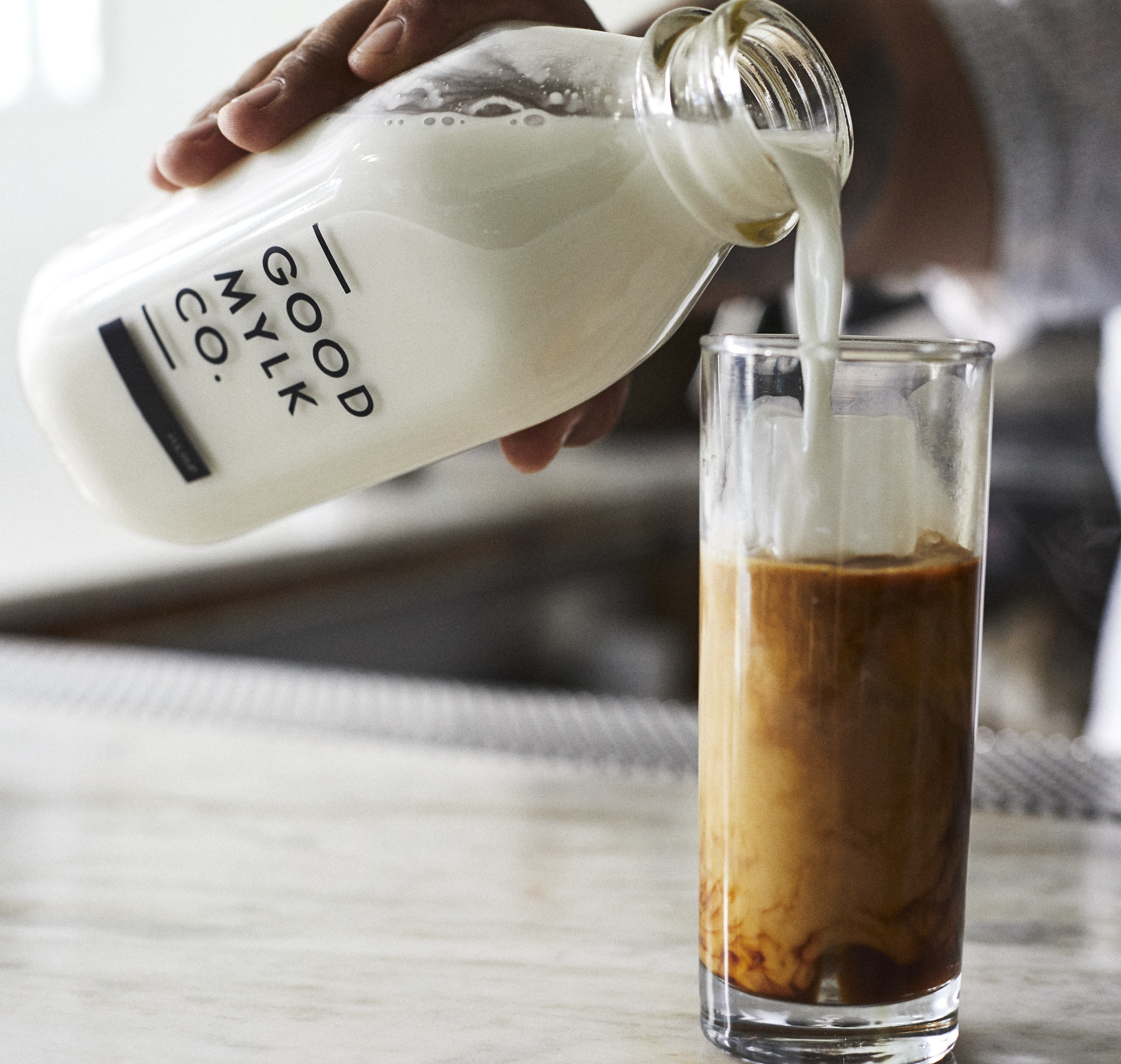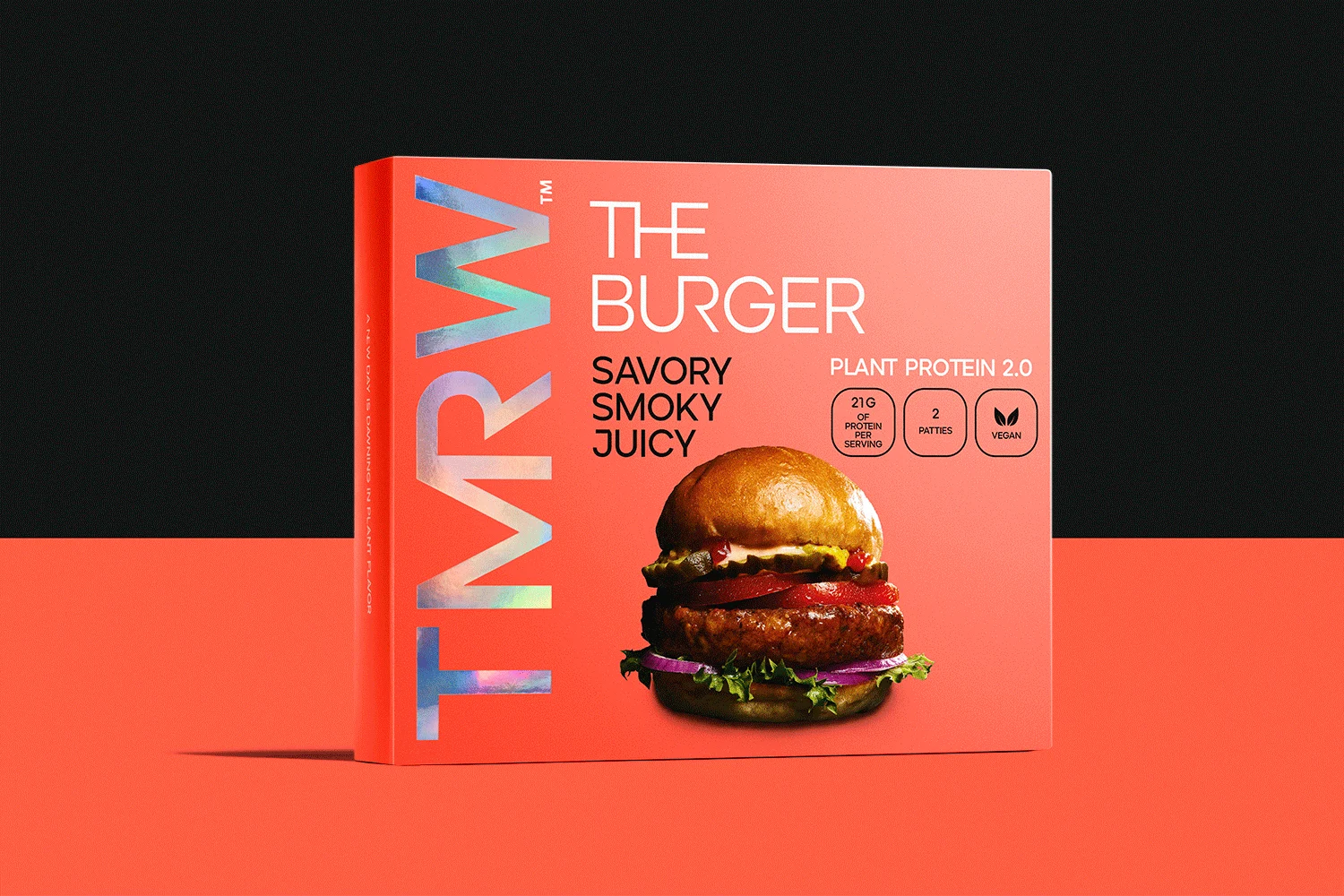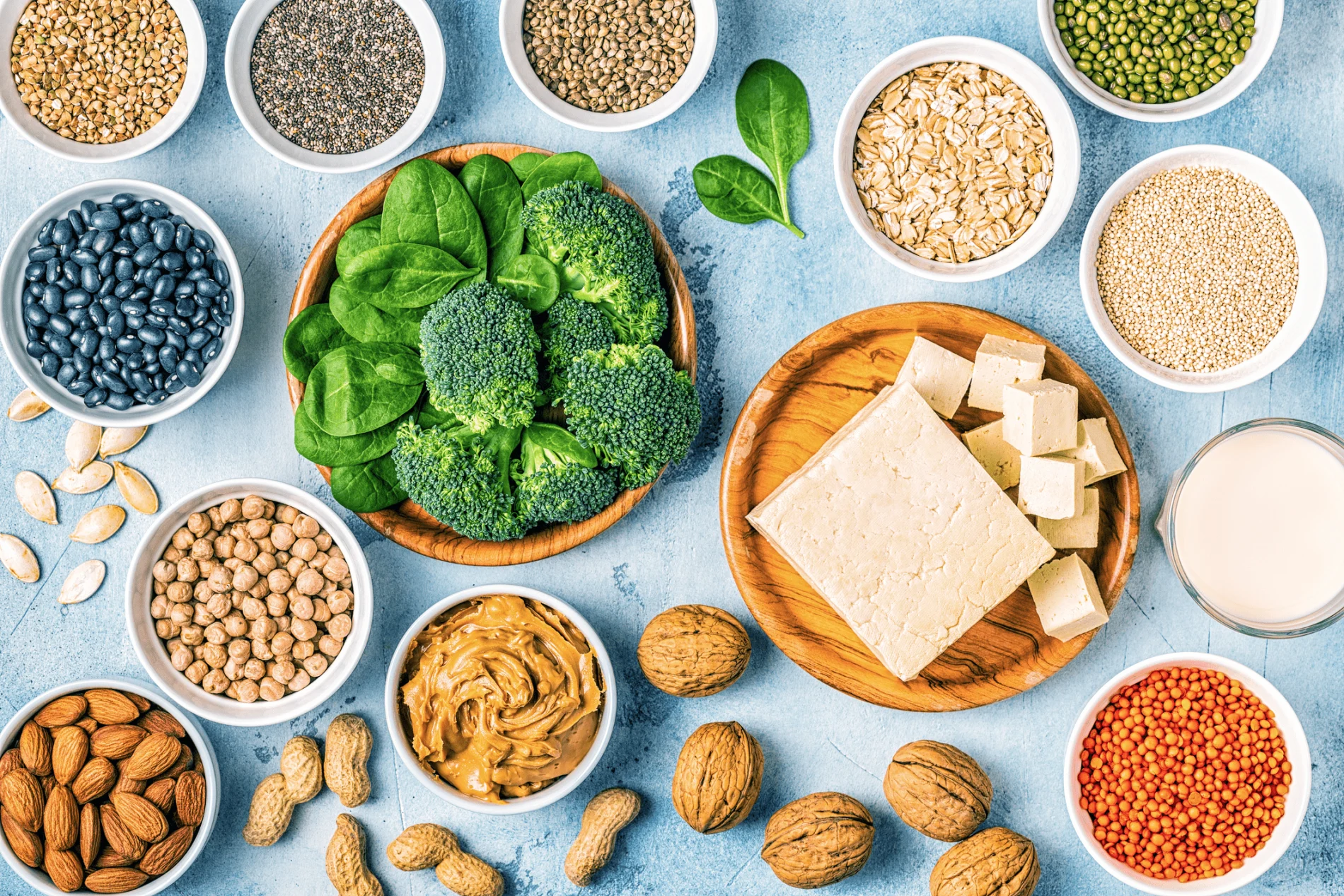Transforming the way we eat for a healthier and more sustainable tomorrow
Fund Updates · Jun 15, 2022
According to the 2021
Nielsen
report, nearly half of global consumers are taking a proactive stance when it comes to personal health decisions. A few factors leading the shift in consumer behaviors to include health and well-being products in their daily choices are obesity, importance of mental health and rising healthcare costs. Many are looking for better access to healthier and more nutritious products. The TELUS Pollinator Fund for Good is taking bold steps to support these changing needs. Take
Goodmylk
for instance. Brooke Rewa launched Goodmylk in 2018 after discovering a gap in healthy dairy alternatives. Rewa took it upon herself to create her own plant based milks which she refers to as “mylk” and began selling her first products at a local farmer’s market in Los Angeles, California. 
Goodmylk iced latte
Unlike other competitors, Goodmylk prides itself for having four or less (pronounceable!) organic and sustainably sourced food ingredients. The mylks utilize raw nuts and sprouted seeds to ensure the ingredients are at their highest nutritional state. It is free of binders, fillers, oil and preservatives, yet it mixes and foams much like traditional dairy milk making it a perfect partner for many baristas and coffee lovers. The mylk itself comes in a low waste packaging and the product’s powder form eliminates water weight during shipping, resulting in further reduction of its carbon footprint. Today Goodmylk is sold at
various
prominent coffee chains such as Intelligentsia Coffee and Blue Bottle Coffee across the United States and is also available online through their website. As the company looks to expand and grow into new markets north of the border, it continues to build a robust investor network in preparation for its second fundraise.The emphasis on consuming nutrient dense foods has been
reported
to have various health benefits such as lowering body weight, improved metabolic health, cancer prevention and reduced risk of type 2 diabetes. There is a strong connection
to the types of food we eat, to how it makes us feel on a day-to-day basis. For example consuming foods high in protein have been linked to higher levels of dopamine
and norepinephrine which boost motivation and concentration levels. The next time you feel unproductive, perhaps consider reaching for a protein bowl at lunch.This brings us to the latest portfolio investment at the Pollinator Fund. Meet TMRW Foods
, a BC based plant protein startup.Dean Blignaut, the co-founder and CEO of TMRW Foods recalls the beginnings of its plant-based burger. What started out as a friendly competition among the kitchens of
Virtuous Pie
, turned into TMRW Burger. 
TMRW the burger
TMRW is an abbreviation for “tomorrow,” inspired by Blignaut’s optimistic outlook on creating a more sustainable food system through innovating plant proteins that are more flavourful, more nutritious and more accessible than any protein that exists today. Plant-based diets have the ability to reduce carbon dioxide emission by
68
per cent over the next 15 years. As the company continues to scale, it is working towards an integrated supply chain that sources and processes sustainable Canadian ingredients. Additionally, Blignaut emphasizes that at the core of every product innovation is the commitment to create a unique and uncompromising customer experience. TMRW Foods aims to satisfy its consumers with products that sizzle and sear to golden brown perfection, delivering juicy bites and deep rich umami flavours. This promise also extends to its futuristic-holographic logo and creatively designed packaging, a brightly-coloured orange box that pops out even behind a foggy refrigerator door.
TMRW Foods is now rapidly growing its presence in the Canadian market with multiple product lines and is launching with a national partner in the US market later this year.
TMRW Foods and Goodmylk are two examples of interconnectedness between our food and planet. Food is the source of our life’s energy. These investments are another step forward in finding a balance between actively solving environmental challenges and the need to source nutritious foods. Guided by our “food-as-medicine” thesis, our desired impact is to encourage better eating habits and improved well-being, as a means to promote healthier communities and individuals.



